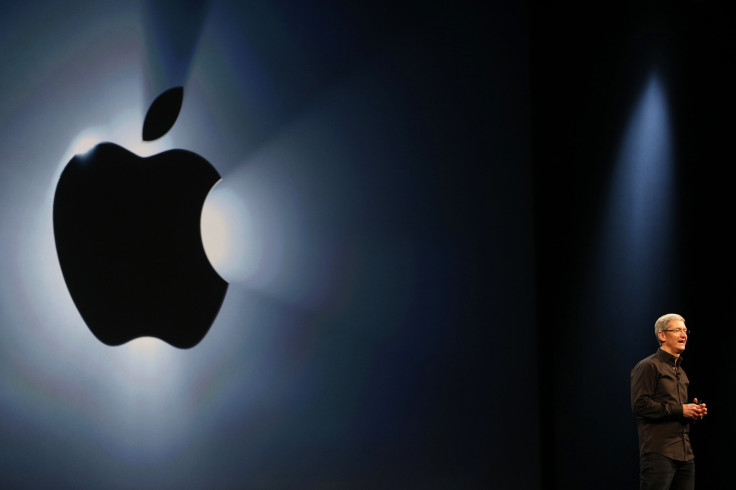Apple vs. Regulators: The Company's Global Troubles with Governments

Apple’s troubles with regulators are not unknown. But the company has recently been confronted with more troubles than usual with regulators globally. The company has been hauled up over tax concerns in Europe, privacy concerns in the U.S. and regulatory concerns in India.
The company’s recently revealed feature, the iPhone X’s Face ID has raised issues regarding privacy and security. Sen. Al Franken, D-Minn., has written an open letter to Apple CEO Tim Cook regarding the company accessing sensitive biometric information using the new functionality. He has also asked Apple for assurances on the future use of its database of facial scans, which it calls Face Prints.
The company has been given a timeline of up to Oct. 13 to answer the senator’s questions.
Apple has also had a run-in with the FBI in the past, over providing the law enforcement authority access to the iPhone of the terrorist involved in the 2015 San Bernardino attack. Apple held its ground and refused to oblige the government over the issue. The FBI had to finally pay $900,000 to an Israeli firm to unlock the phone, which Apple CEO called "a dangerous precedent."
Apple has also run into trouble with European regulators since it has basically used low-tax European countries as tax havens to avoid paying U.S. based taxes. While the company has most of its operations in the U.S., it is “based” for tax purposes in Ireland. The EU Commission has hauled up the company on this issue many a time but stopped short of hitting it with a massive tax bill.
A group comprising of four European countries' finance ministers has proposed finally plugging these loopholes and not providing the company, among the world’s biggest and most valuable ones, a tax break. They have proposed an "equalization tax" which will make the taxes accounted for in such countries the same as the company’s home country. According to the proposed tax mechanism, Apple will be taxed where it creates value and not where it has its tax residence.
EU regulators have also had issues with the company over its monopolistic way of functioning when it comes to services such as Apple Music. The commission previously raised concerns over Apple’s deals with music companies and record labels that limit other free, ad supported music streaming services.
After China, Apple has been eying India as a potential market for iPhones and has even started manufacturing phones in the country but has since started having issues with the Indian government. The company has been asking for aggressive tax breaks and import permissions and has even been granted some of these by the government but is still having issues.
The Indian regulator — the Telecom Regulatory Authority of India —is also facing off with the company over the inclusion of the regulator's anti-spam “Do Not Disturb” app in its app store, which Apple opposes since it will have to engage in some level of data sharing with the government. However, Apple’s own internal policy allows it to share such information with its "strategic affiliates."
The regulator has called for a consultation paper on the subject, which could either legitimize or de-legitimize Apple’s policy. It remains to be seen who blinks first — the company or the government.
© Copyright IBTimes 2024. All rights reserved.




















